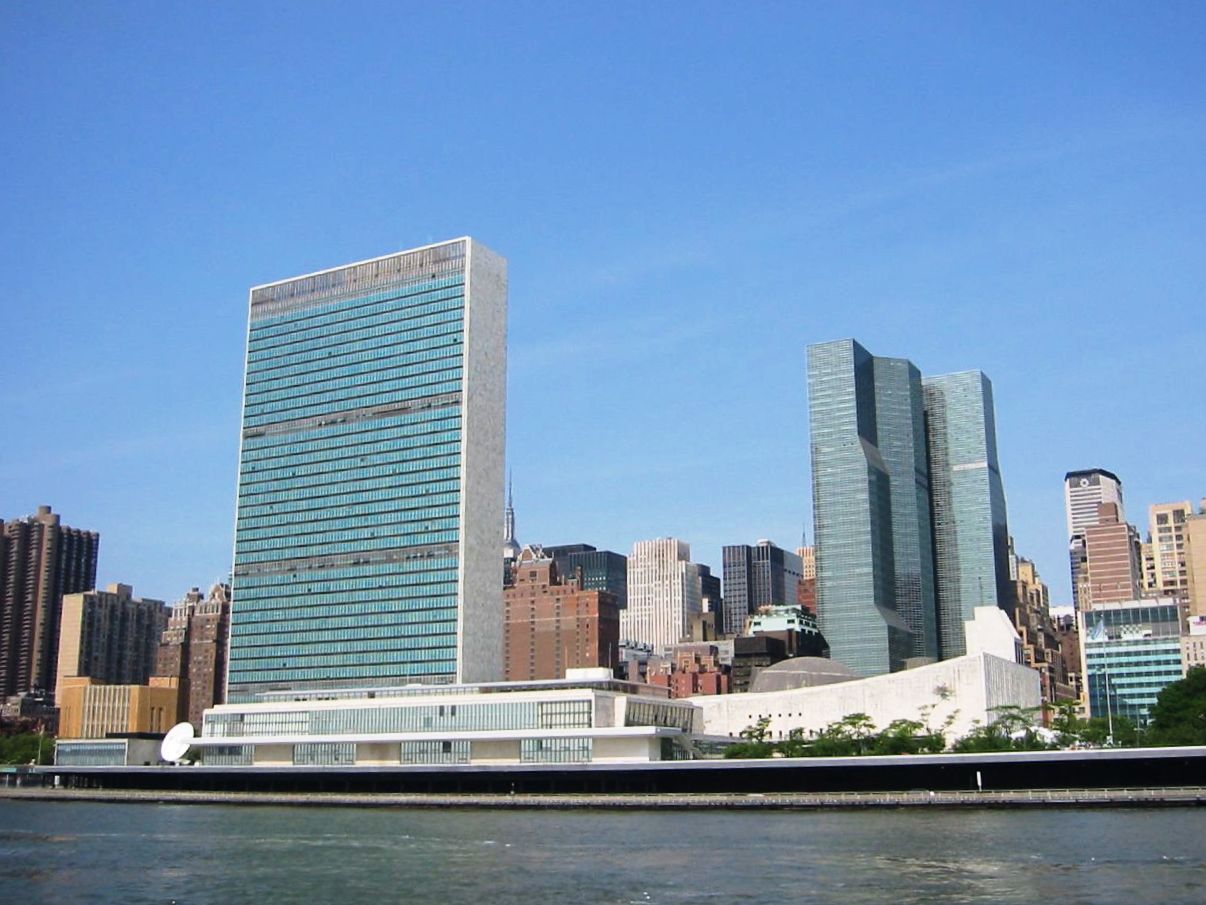Focusing international cooperation on climate change solely on the establishment of emission targets is not adequate: the latter does not adequately address developmental challenges or help achieve internationally agreed goals. The international development agenda needs to specify the actions and approaches required for ensuring economic behaviour that is compatible with environmental constraints in a way that minimizes aggregate costs, protects the vulnerable and maximizes economic growth. The integration of climate-change and development goals will require a fundamental reorientation of the current developmental trajectory so that the carbon intensity of production is reduced while economic growth is still maintained. It will also require a more effective partnership between the developed and developing countries.
Committee for Development Policy (CDP)
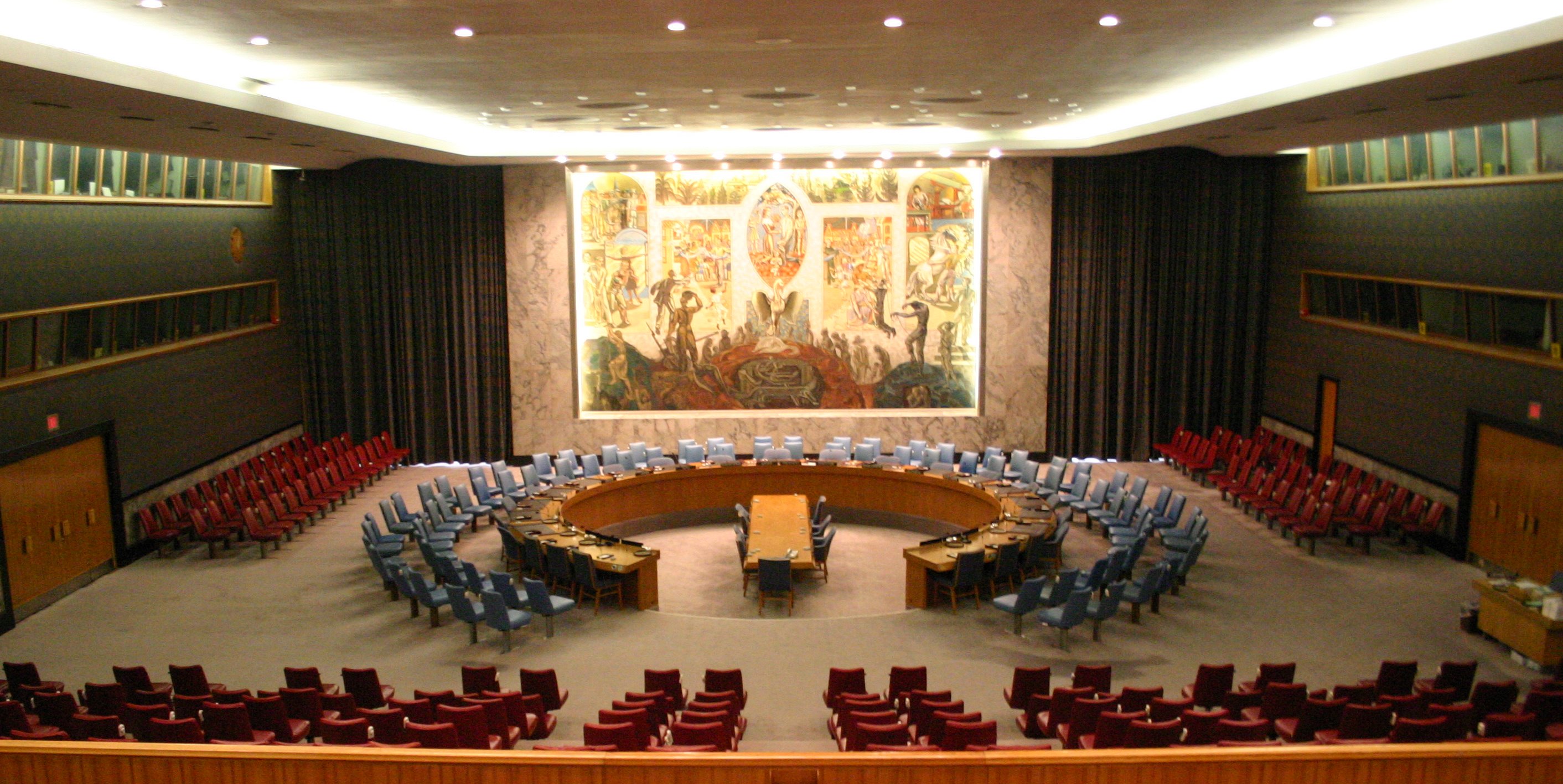
The present paper reviews policy efforts to advance growth and development in the least developed countries, in particular those efforts aimed at promoting well-being by reducing vulnerability to economic shocks. The paper draws on empirical research analysing the relationships between economic vulnerability, growth and policy. Given that domestic policy efforts are weakened by the shocks that characterize vulnerability, the international community has an important role to play in countries.
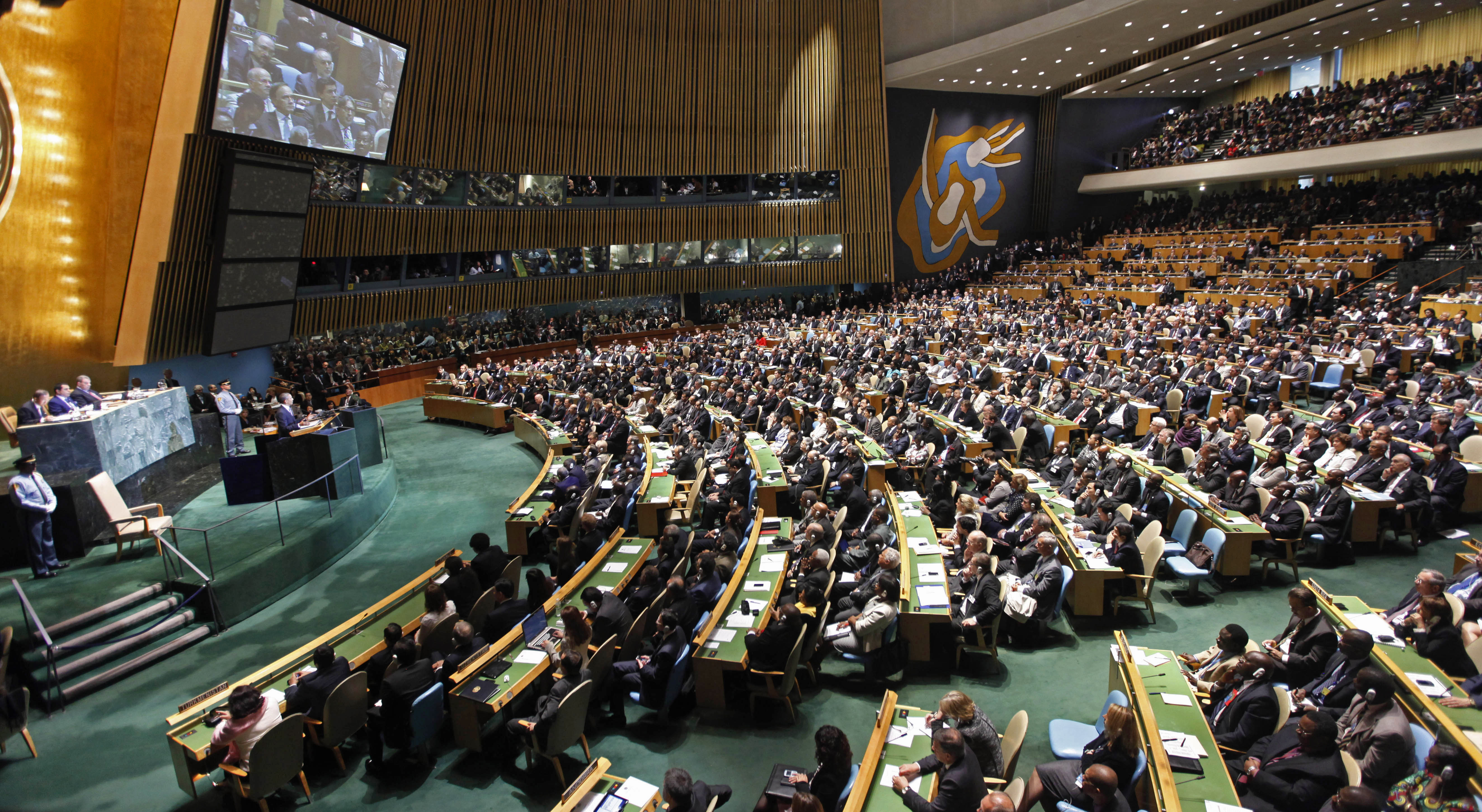
The publication addresses two themes. The first is unemployment in developing countries. Tackling this problem requires a more balanced and coordinated international strategy for sustainable global growth. At the national level, economic growth is important, but the quality of such growth also matters. It is also necessary to create fiscal space to ensure the availability of a skilled workforce that can meet the technological challenges posed by globalization. The second theme is that of economic vulnerability and instability. Required domestic policy measures include the promotion of good governance, sound fiscal and financial management and enhanced human and social development. The promotion of an enabling international economic environment and actions to reduce the occurrence of systemic shocks are required.

Report of the Committee for Development Policy (E/2006/33, Supplement No. 13)
????,

The aim of the report is to review the role of economic welfare in conflict prevention, including the strategies required to ensure sustainable peace in post-conflict countries. It differs in one important respect from most of the rapidly growing literature in this field. Instead of describing specific conflicts or policies to prevent them, it integrates some of the key economic, social and political factors into a general analysis, with an all-embracing strategy for post-conflict countries. The integrated approach is essential because a unified strategy offers the only hope of preventing future conflicts and civil wars.
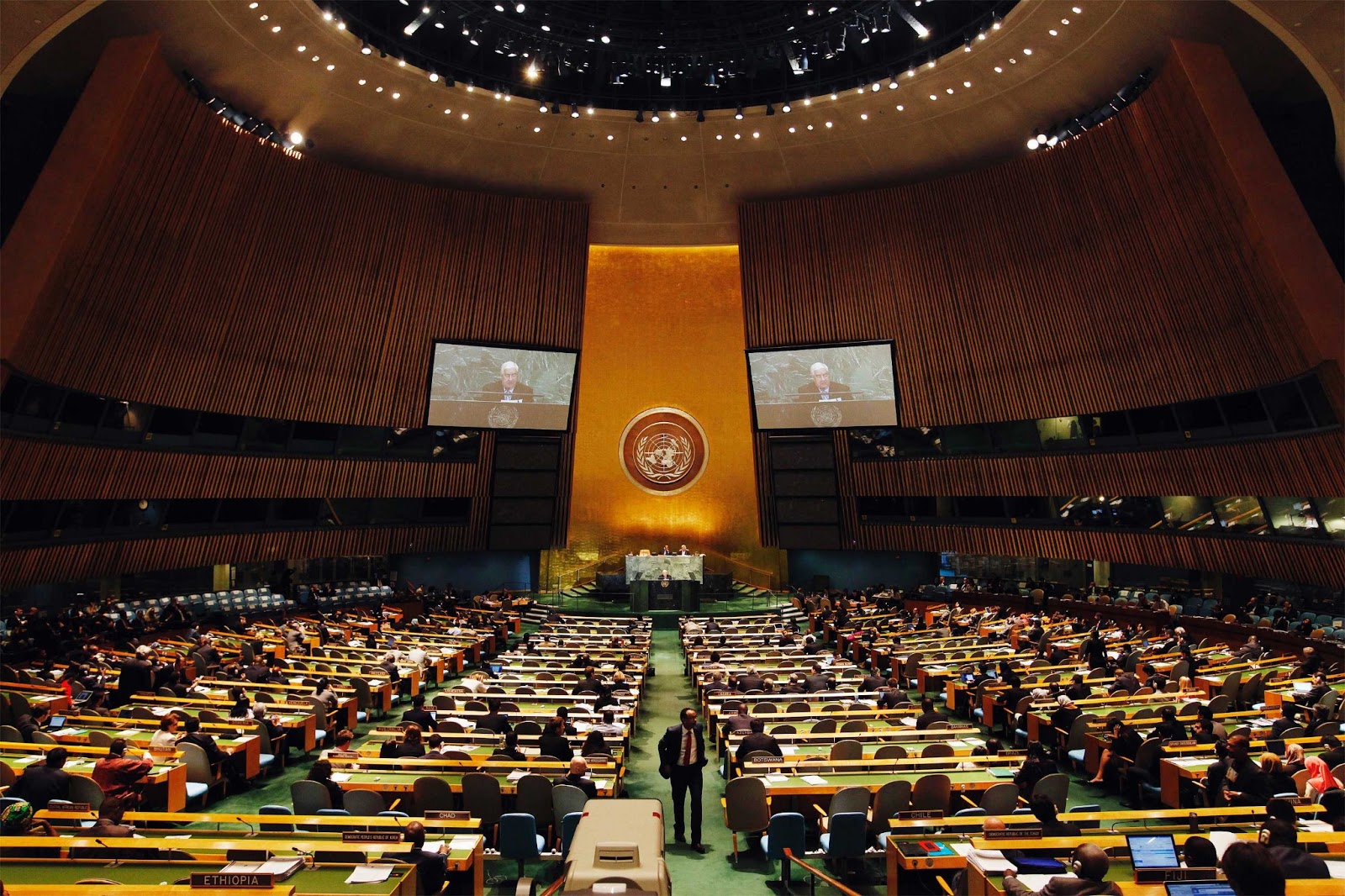
Report of the Committee for Development Policy (E/2005/33, Supplement No. 13)
????,
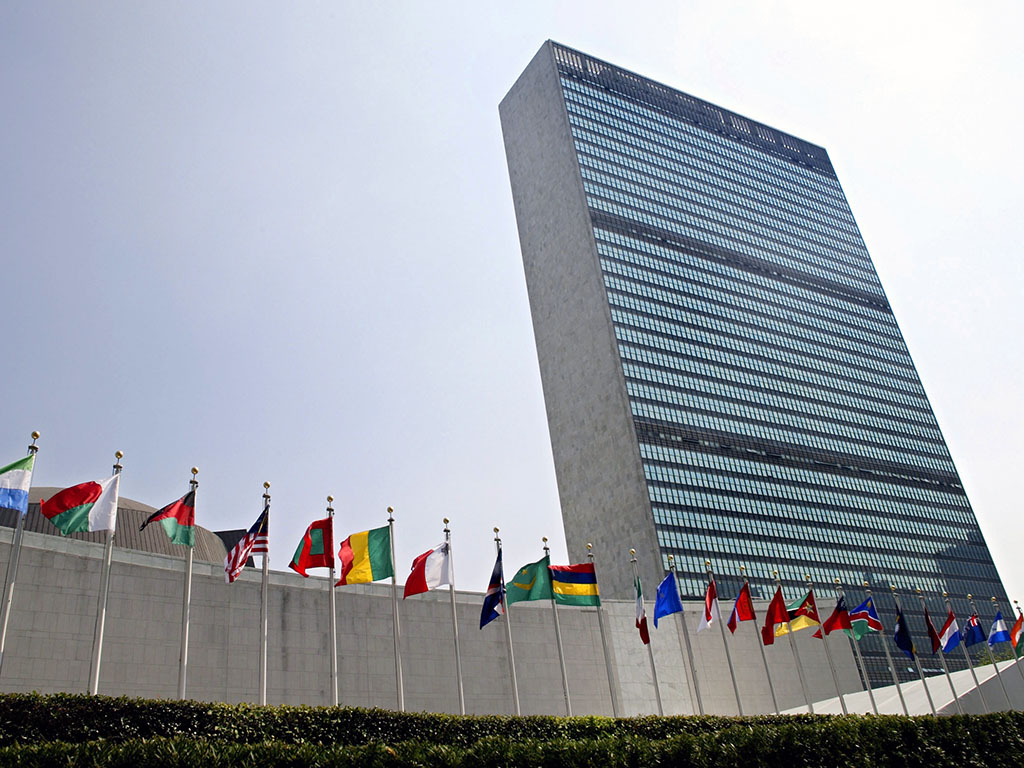
The first part of the report reviews the status and trends in achieving the Millennium Development Goals (MDGs) in sub-Saharan Africa. The second part examines the obstacles and challenges to and opportunities for achieving the Goals. The third part discusses the instruments and policies that would facilitate achieving the MDGs in sub-Saharan Africa. The report is intended to provide an African perspective with regard to ownership and the domestic policy adjustments required to achieve the internationally agreed development goals. The purpose of the report is to elucidate the following two key issues related to the central question of ownership: (i) the extent to which African policy-makers consider the MDGs valuable and are committed to the MDGs; and (ii) the extent to which the MDGs are reflected in the development programmes of African countries, particularly in Poverty Reduction Strategy Papers (PRSPs).

Sub-Saharan Africa lags behind other regions in achieving the development goals. Success largely depends on countries themselves owning, planning and executing the necessary policies and programmes. Government's capacity needs to be enhanced, and support from the international community is required. Both the quantity and the quality of aid need to be improved. Countries recovering from conflict face additional challenges. The Committee proposes that a monitoring unit be established within the United Nations to identify those countries most at risk from conflict and that a UN post-conflict reconstruction facility be created to serve as a prompt-response instrument for donor coordination.
 Welcome to the United Nations
Welcome to the United Nations
